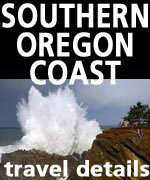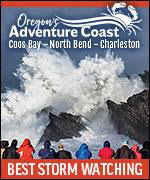 |
Oregon Scientists Offer Warnings About World's Oceans, Seafloor
Published 07/30/2014
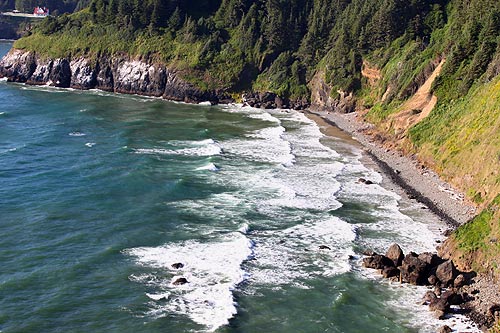
(Newport, Oregon) – Scientists from Oregon State University in Corvallis and the Hatfield Marine Science Center on the central Oregon coast recently offered a few new warnings about how industries like fishing, drilling, mining and more could be harming the world's oceans. The growing extraction of resources is beginning to put the oceans and seafloor on the cusp of peril, they said in a new analysis called Biogesciences.
Researchers from OSU's College of Earth, Ocean, and Atmospheric Sciences – which also works out of the Hatfield in Newport – joined with other international scientists in pointing out the varied and increasing stressors on the ocean environment. Various industries have begun extracting more and more, from its wildlife all the way down to resources on the seabed and below, and these researchers are warning not enough is known about the impact of this underwater revolution.
Fishing technologies have enabled commercial fisheries to harvest fish at increasing depths – an average of 62.5 meters deeper every decade. Pharmaceuticals are another areas of growth, along with digging for oil and pollution from land-based industries.
One of the bigger concerns of the researchers was the increased mining of rare earth and metal resources, which has skyrocketed in recent years because of their increased use in electronics, and because of dwindling or limited distribution of supplies on land. Mining the deep ocean for manganese nodules, for example – which are rich in nickel – requires machines that may directly impact large swaths of the seafloor and send up a sediment plume that could potentially affect an even larger area, the scientists note.
The big hitch is that scientists are not yet sure about all the ocean does for humankind and the greater Earth ecosystem.
The deep sea is important to many critical processes that affect the Earth’s climate, including acting as a “sink” for greenhouse gases – helping offset the growing amounts of carbon dioxide emitted into the atmosphere. It also regenerates nutrients through upwelling that fuel the marine food web in productive coastal systems such as the Pacific Northwest of the United States, Chile and others. Increasingly, fishing and mining industries are going deeper and deeper into the oceans to extract natural resources.
“One concern is that many of these areas are in international waters and outside of any national jurisdiction,” noted Thurber, an assistant professor (senior research) in Oregon State’s College of Earth, Ocean, and Atmospheric Sciences. “Yet the impacts are global, so we need a global effort to begin protecting and managing these key, albeit vast, habitats.”
Andrew Thurber, an Oregon State University marine scientist and lead author on the study, said pollution from the continental shelves could start making its way into the fish we eat.
Also, mining resources are not limited to muddy habitats, Thurber pointed out. Massive sulfides present at hydrothermal vents are another resource targeted by mining interests.
“There are additional threats to these unique habitats, including ocean acidification, warming temperatures and possible changes to ocean circulation through climate change,” Thurber said.
More from the Oregon coast below:
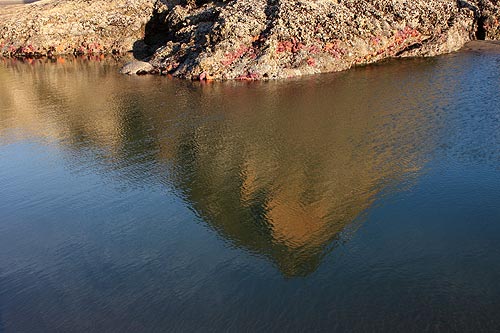
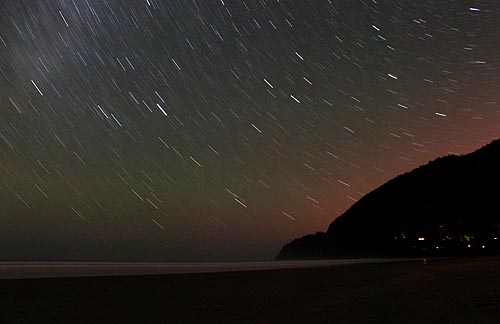
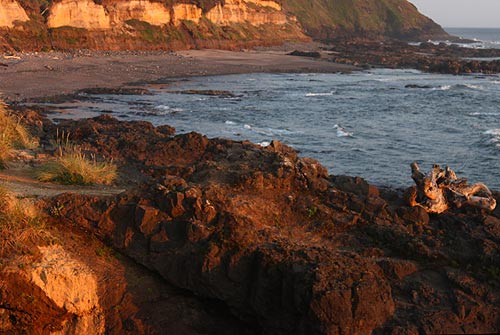
More About Oregon Coast hotels, lodging.....
More About Oregon Coast Restaurants, Dining.....
LATEST Related Oregon Coast Articles
Whale Body Parts Found on Oregon Coast - Two Whales Strand on Washington Coast |
Back to Oregon Coast
Contact Advertise on BeachConnection.net
All Content, unless otherwise attributed, copyright BeachConnection.net Unauthorized use or publication is not permitted
Secrets of the Season |
Unusual Travel Articles TravelParanormal.com allows you to submit your own creepy tale or debunk one - or see up-to-the-minute news headlines about travel and the paranormal. News Headlines from All Over Oregon Need to scan Oregon headlines? Constantly updated news from all over Oregon: a comprehensive, up-to-the-minute display of news headlines from a variety of media Oregon Coast Oceanfront Lodging, Hotels, Rentals |
















